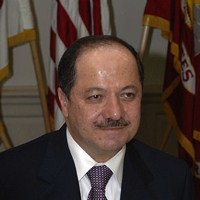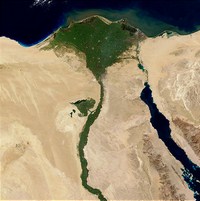
Pakistani and Indian officials met earlier this month to discuss cross-border energy cooperation, perhaps signaling that the new government in Islamabad aims to follow through on plans its predecessor spent years talking about. That would be good for both countries. Nawaz Sharif’s Pakistan Muslim League-Nawaz (PML-N) party swept Pakistan’s parliamentary election in May, and Sharif took over as prime minister early this month, pledging—among other things—to improve relations with India and address his country’s crippling energy shortage. On June 11, the prime minister’s younger brother, Shahbaz Sharif, the head of government in Pakistan’s largest province, Punjab, reportedly met officials from […]







